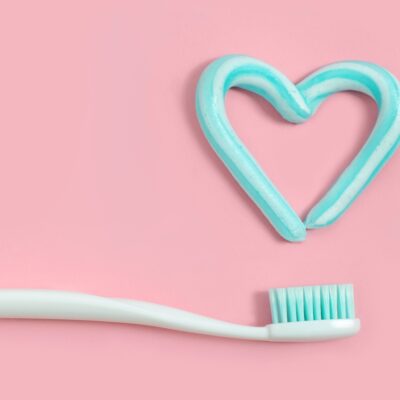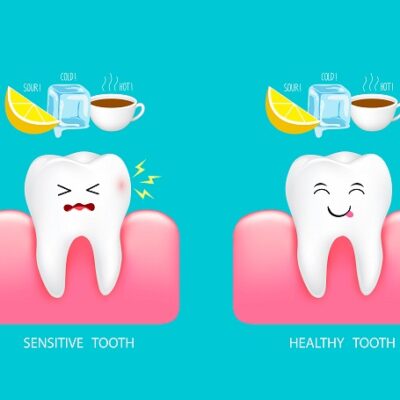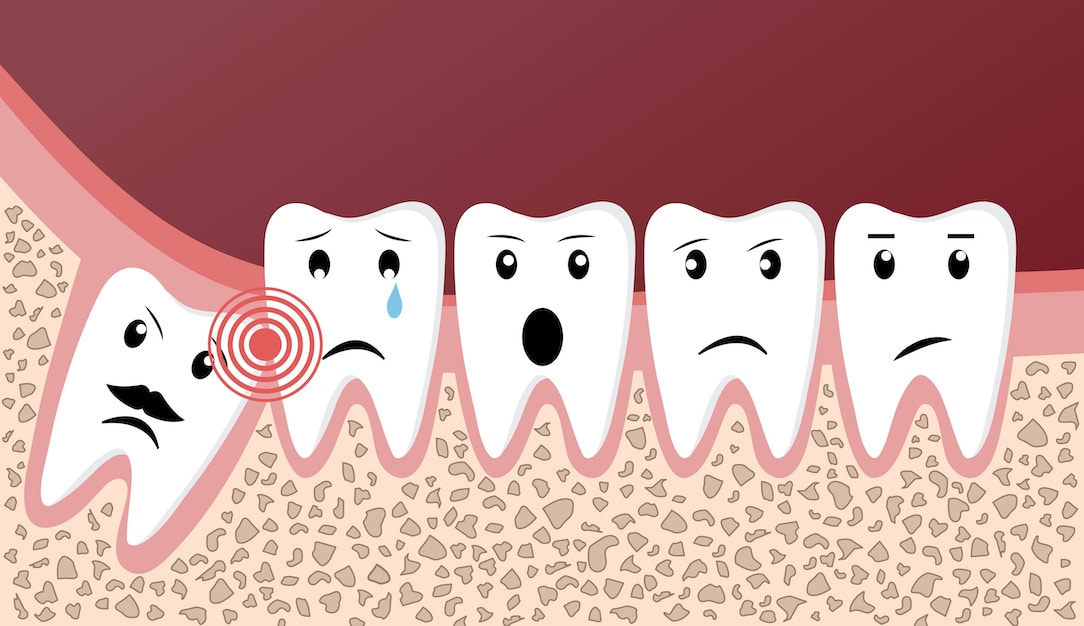Breath odour can defined as subjective perception after smelling someone’s breath. It can be pleasant or unpleasant. If unpleasant the terms bad breath, breath malodor, halitosis can be applied. Persistent breath malodor has some underlying pathology. Sadly, bad breath or smell, also known as halitosis, is a common oral problem across all ages. But, as much as we might think this is common, it’s usually a sign of other dental problems.
The unpleasant smell of breath mainly originates from volatile Sulphur compounds( VSCs) especially hydrogen sulphide, methylmercaptan and dimethyl sulphide. However most of these compounds result from proteolytic degradation by oral microorganisms of peptides present in saliva, shed epithelium, food debris, gingival crevicular fluid, interdental plaque, post nasal drip and blood. Hence gram negative anaerobic bacteria causes such proteolytic activity.
Causes of Bad Breath or Smell
Periodontal infections for Bad Breath
Bacteria associated with gingivitis and periodontitis are almost all gram negative and known to produce VSCs. In addition the amount of VSCs in breath increases with no, depth and bleeding tendency of periodontal pockets.
Dry mouth causing Mouth Odour
Patients with xerostomia often present with large amounts of plaque on teeth, prosthesis and tongue dorsum. In addition the increased microbial load and the escape of VSCs as gases when saliva is drying up explain the strong breath malodor.
Tongue and Tongue coating
Firstly there are enumerable depressions on the surface of the tongue. Secondly these provide ideal niches for bacterial adhesion and growth. Hence high correlation has noted between tongue coating and odour formation.
Extra-oral causes for Bad Breath
1) ENT- purulent sinusitis, acute pharyngitis, post nasal drip cause malodour.
2) Bronchi and lungs- chronic bronchitis, bronchial carcinoma
3) GIT- hernia in oesophageal wall , gastric hernia, regurgitation oesophagi’s
4) Liver- cirrhosis
5) Kidney- chronic glomerulo nephritis
6) Systemic metabolic disorders like diabetes in particular
7) Hormonal causes
8) Medications such as metronidazole cause breath malodor

Diagnosis of Bad Breath
Organoleptic rating considered as a gold standard. The organoleptic measurement of breath is taken at distances of 10 cm and 1.5 m from the oral cavity. Severity grades were assigned as follows:
0: No oral malodor;
1: Slight oral malodor;
2: Moderate oral malodor;
3: Strong oral malodor;
4: Very strong oral malodor.
3: Strong malodor.
Lots of signs can show that you have bad breath. Have you noticed people stepping away from you when you start to talk? Do people turn their cheek when you kiss them goodbye? If you think you might have bad breath, there is a simple test that you can do. Just lick the inside of your wrist and sniff – if the smell is bad, you can be fairly sure that your breath is foul too.

Treatment for Bad Breath
1) Mechanical reduction of intraoral nutrients and microorganisms
Tongue cleaning should practiced on regular basis. It reduces both the amount of coating compared to the no of organisms. Hence it can done with a normal toothbrush or tongue scraper. In other words interdental cleaning and toothbrushing are essential mechanical means of dental plaque control. In conclusion one stage full mouth disinfection combining scaling and root planning with application of chlorhexidine is effective in reducing the malodor.
2) Chemical reduction
Chlorhexidine compared to the most effective antiplaque and antigingivitis agent. Chlorhexidine provides significant reduction in VSCs levels. In addition essential oils, chlorine dioxide, two phase oil water rinse, triclosan, stannous fluoride, hydrogen peroxide said to reduce the oral malodor.
Dental problems are never any fun, but the good news is that most of them can be easily prevented. Brushing twice a day, flossing daily, eating properly, and regular dental check-ups are essential steps in preventing dental problems and saving your teeth. Educating yourself about common dental problems and their causes can also go a long way in prevention.
If your bad breath continues despite your best efforts, make an appointment with your dentist.
Through a series by Dr. Chirag Chamria; he educates about everyone to be responsible for their oral hygiene and health by being aware of these common dental problems, what causes them and how to prevent them to save your teeth.
Dental problems can be prevented and completely avoided if you are responsible for your oral health. So go ahead watch this series and stay on top of your Dental game. And yes don’t forget to smile subscribe to this channel as there is lots more coming up!
Follow Us For More Updates




